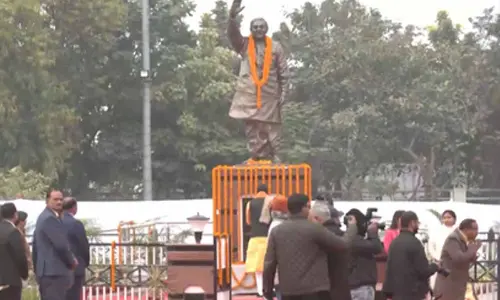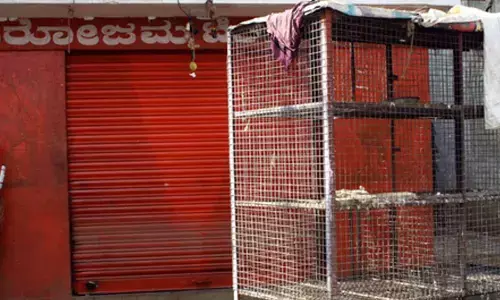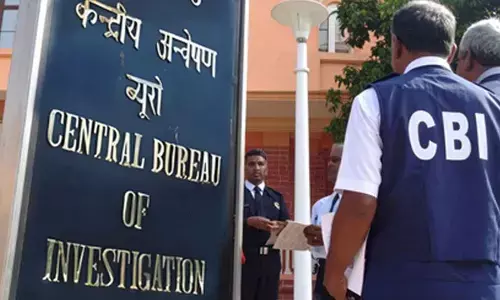Why make Sec. 498A cases compoundable?

Why make Sec. 498A cases compoundable. While dealing with a proposed amendment to make the offence under the Section 498A of IPC compoundable, it is stated in the editorial (Diluting social laws, The Hans India, 19th May) that, “Many fear that making the law compoundable would expose woman to family and social pressures.
RESPONSE
There are many instances where a woman files complaint against her husband with a hope that it will make her husband and his relatives change their attitude towards her. Hence, it cannot be said that making the offences under Section 498A compoundable may be prone to gross misuse
While dealing with a proposed amendment to make the offence under the Section 498A of IPC compoundable, it is stated in the editorial (Diluting social laws, The Hans India, 19th May) that, “Many fear that making the law compoundable would expose woman to family and social pressures. In an asymmetry of social relationships, opening up a further window to husband by making the section compoundable may be prone to gross misuse.” The concept of compoundable offence is a bilateral one and it is not unilateral. Hence, the window opens not only to the husband but also to the wife. Family is a basic unit in the contemporary society. It is the nucleus of the society. Any disturbance in any family unit would not only affect the disputing parties, but it will affect the other members of the family and their relations. Hence, the matrimonial disputes in any family are necessarily exposed to family and social pressures.

The Section 498A makes it a non-compoundable offence, leaving no chance for reconciliation between the couple after a case is filed. In case where the complainant (wife) reasonably believes that the accused changed their attitude towards her and that she can live happily with the accused, there is nothing wrong in allowing the parties to compound the offence. Settlement of a dispute amicably should always be encouraged, more particularly in a matrimonial dispute. Pendency of a case should not come in the way of settlement of the dispute. The 498A IPC Section was brought on the statue book to deter the persons causing harm to the institution of family and to punish such culprits if any offence is proved. That does not mean that all the cases should necessarily result in conviction.
The Section states: “Whoever, being the husband or the relative of the husband of a woman, subjects such woman to cruelty shall be punished with imprisonment for a term which may extend to three years and shall also be liable to fine” The explanation to the section says that “ For the purposes of this section, cruelty means (a) any wilful conduct which is of such a nature as is likely to drive the woman to commit suicide or to cause grave injury or danger to life, limb or health (whether mental or physical) of the women or (b) harassment of the woman where such harassment is with a view to coercing her or any person related to her to meet any unlawful demand for any property or valuable security or is on account of failure by her or any person related to her to meet such demand.” Hence the cruel acts of this nature, if proved, are only punishable under the Section 498A. Many complaints made under the Section missing these essential elements, believing that every cruel act of a husband or relative of the husband of a woman against such women will come under the Section 498A of IPC.
Though normally a woman files a case against husband only after all windows are closed and all avenues for conciliation are exhausted, that does not mean that every women who files a case against her husband intends to put an end to her matrimonial life. There are many instances where a woman files complaint against her husband with a hope that it will make her husband and his relatives change their attitude towards her. Hence, it cannot be said that making of the offence compoundable may be prone to gross misuse. (The author is an advocate with the High Court of Judicature at Hyderabad for the States of Telangana and Andhra Pradesh)
By V Raghu
















